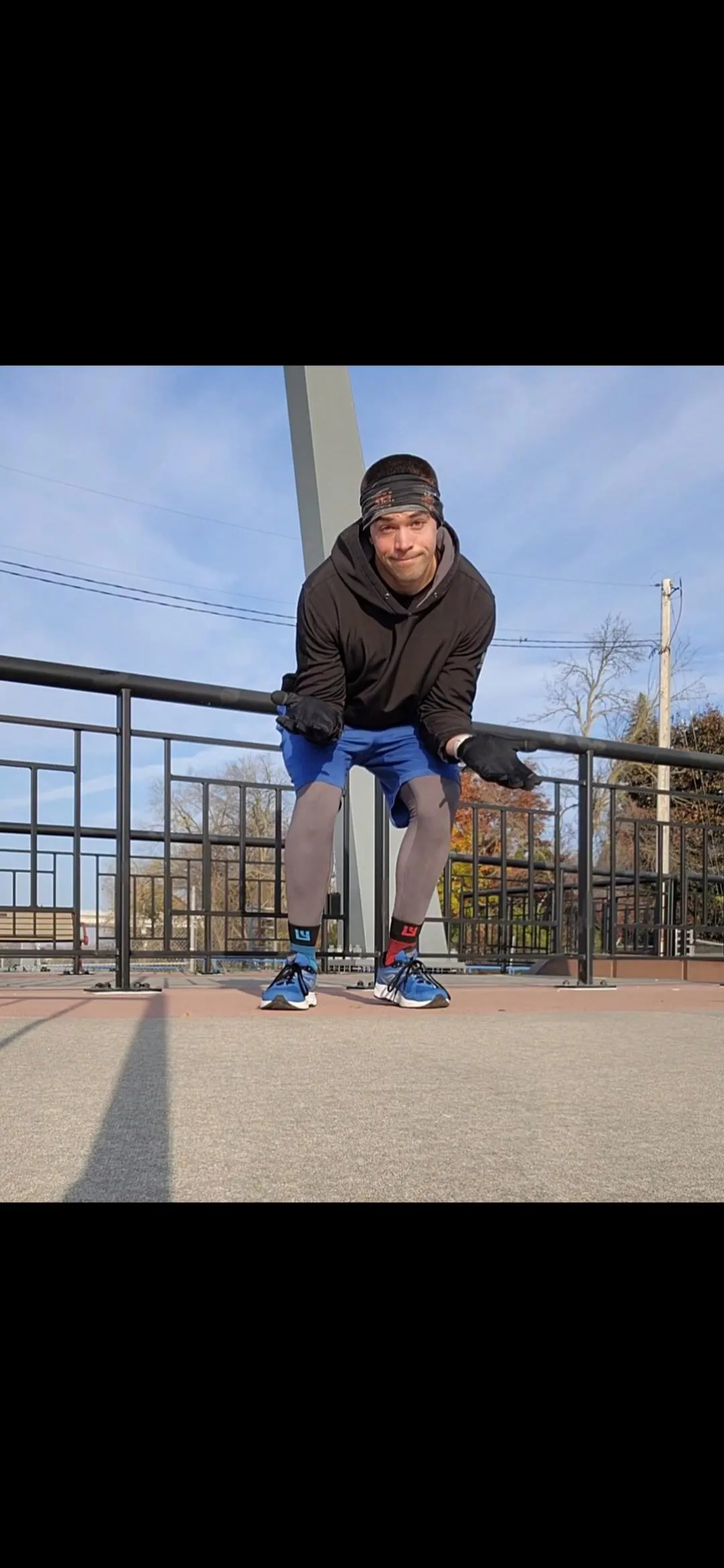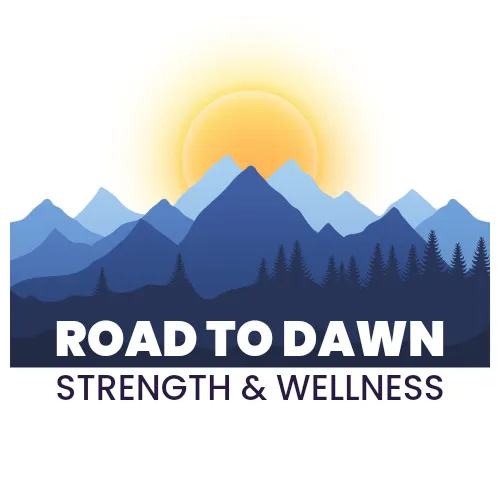The Overcoming Obstacles Blog

When the Weights Get Light and the Miles Stop: Navigating Injury and Identity as a Hybrid Athlete
“When I let go of what I am, I become what I might be.” — Lao Tzu
You’re not just someone who lifts and runs.
You’re the early riser. The one who doesn’t back down from a sled push, a burpee broad jump, or an all-out row. You don’t just do hybrid training — you are a hybrid athlete.
So what happens when injury pulls the brakes?
Not just on your workouts… but on you?
The Identity Crisis of Injury
When injury strikes, it doesn't just hurt physically — it shakes your foundation. For hybrid athletes, training is more than a hobby. It’s how you cope, connect, and define yourself. The gym is your sanctuary, racing is your escape from this crazy world. Suddenly sidelined, many athletes find themselves asking:
“Who am I if I can’t train?”
“Am I still an athlete if I can’t race?”
“What’s the point of all this work if I can’t show up the way I used to?”
This is more than frustration — it’s an identity crisis. And if you’ve felt it, you’re not alone.
Why Injuries Hit Hybrid Athletes Especially Hard
Hybrid athletes blend endurance and strength — a physically demanding identity that thrives on intensity. This makes injury feel like a total system shutdown. Your usual outlets are gone. Your coping tools are limited. And the drive that once motivated you feels like it’s mocking you now.
But here's the truth: your identity is not defined by your current ability level. It’s defined by your mindset, your values, and how you respond when the game changes. It's who you are outside the gym (yes, that person exists). Your relationships, your hobbies, and the love you bring into the world.
Let’s talk about how to navigate the mental side of injury while still showing up for yourself — even when you can’t PR or train at 100%.
1. Keep Moving — Even When It’s Not Perfect
Movement is medicine. And no, that’s not just a cliché.
Research shows that modified activity is far more effective for long-term recovery than complete rest. (Ref: Bleakley et al., 2004)
So if you can’t squat, can you trap bar deadlift or squat to a box?
If running hurts, can you bike or row at low resistance?
If a sled push is off-limits, can you pull it?
The key isn’t doing nothing — it’s doing something on your terms.
This keeps the body engaged, the nervous system regulated, and the athlete in you alive.
2. Anchor Your Identity to Your Values, Not Just Performance
Being a hybrid athlete isn’t about how much you lift or how fast you run. It’s about values like:
Discipline
Grit
Growth
Adaptability
Ask yourself: What does being an athlete mean to me, even if I can’t train the same way right now?
If it means showing up with consistency, you can do that.
If it means chasing growth, focus on the mental side, mobility, or recovery.
If it means pushing limits — redefine those limits for your current situation.
3. Develop an Identity Outside of the Sport
This is hard, but necessary.
If your entire sense of self is wrapped up in your athleticism, injury will always feel like losing a part of your soul.
So ask yourself: Who else am I?
A parent?
A coach?
A friend, mentor, creator, leader?
Someone who helps others grow?
An artist? A baker? A butcher? A candlestick maker?
Leaning into other parts of your identity isn’t giving up on your athletic side — it’s protecting your mental health while you heal. And who knows, just like finding a specific race format you love, you might find another hobby that you enjoy.
4. Train Your Mind Like You Train Your Body
Long-term injury recovery is a mental game just as much as it is physical. Here are ways to build resiliency:
🔹 Journal your wins — no matter how small (e.g. “Today I walked 5 minutes pain-free”).
🔹 Visualize your return — the races, the lifts, the finish lines.
🔹 Connect with others who’ve been there — injury feels isolating, but you're not alone.
🔹 Work with a coach or therapist — rehab isn’t just sets and reps; mindset needs guidance too.
Final Thoughts: You’re Still an Athlete
Injury doesn’t take that away. You might be in a rebuilding phase. Your output may look different. But the identity — the fire, the discipline, the hunger — that stays.
You just need to learn how to feed it differently for a while.
And when you return — because you will return — you’ll carry with you more grit, perspective, and strength than ever before.
Ready to turn this setback into a comeback?
Don’t wait until you’re “100%” to start showing up again. You’re still in the game. Just playing a different position for now. If you need help on the road to recovery, you can schedule a call with me here.
Nick Cartaya, PT, DPT, PN-1
Physical therapist, obstacle course racer, and hybrid athlete bringing you a blog for all these things that I love to do and race!
© 2024 Road to Dawn Strength and Wellness
